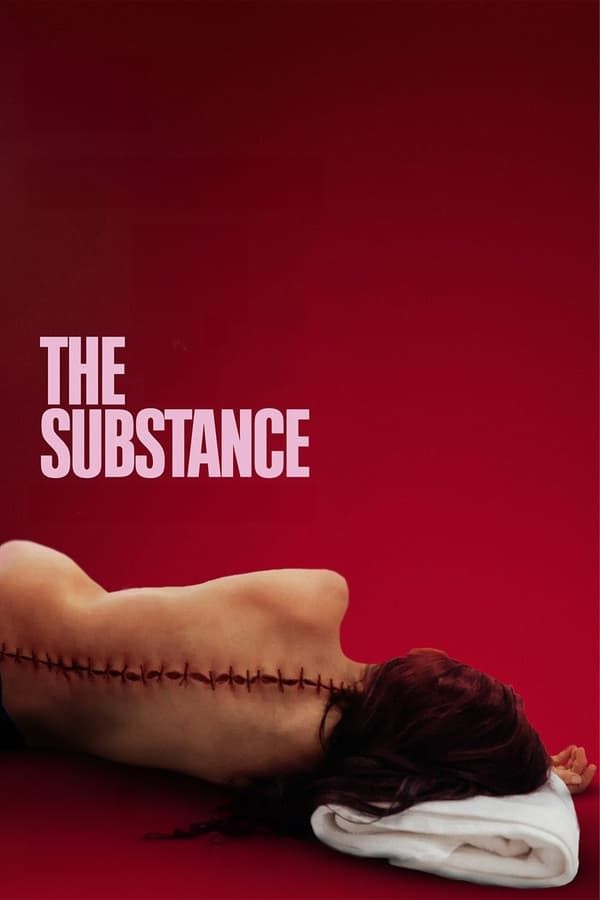Demi Moore reveals why she nearly stepped away from acting before landing her Golden Globe-nominated role in The Substance. The 2024 body horror film, directed by Coralie Fargeat, stars Moore as Elisabeth Sparkle, a faded Hollywood star who resorts to a black-market drug to regain her youth, unleashing a grotesque and horrifying consequence. Margaret Qualley co-stars as Sue, Elisabeth’s younger, better version of herself. The film, known for its shocking practical effects and biting commentary on society’s obsession with youth, premiered to critical acclaim at Cannes, where Fargeat won Best Screenplay.
During an Actress Roundtable with the Los Angeles Times, Moore opened up about her struggles with the film industry that almost caused her to leave entirely before she was cast in The Substance. A major star of the 1980s and 1990s, Moore is best known for iconic roles in Blame It on Rio, A Few Good Men, and Indecent Proposal. Despite her early success in Hollywood, she explained how she hit a creative wall and began to question her place in the industry. Reflecting on this challenging period, Moore shared the following:
I went through a period where I didn’t quite find where I belonged. The material I was seeing, it was like nothing was bad, but nothing was great. My question became, is this part of my life complete? Have I done what I was supposed to do here? And then I realized that if I didn’t have the answer to that question, I have to then inject the focus and energy to answer that question…
And what’s interesting is, as soon as I made that shift, “The Substance” two weeks later arrived across my desk. And it was the first piece of material in a very long time that I felt moved by.
What Demi Moore’s Industry Come-Back Means
Aging, Transformation, And Artistic Reinvention
Leaning into a fearless form of self-parody as Elisabeth, Moore shines in her most powerful film role in years. Her pivotal turn as the fading star, and her candid reflections at the Actress Roundtable, highlight the challenges of sustaining relevance in an industry which does not award aging on-screen women the same longevity and acclaim their male counterparts have always been given. Fargeat’s body horror film centers on a character grappling with Hollywood’s harsh beauty standards, which closely mirrors Moore’s own journey of questioning her place in the entertainment industry.
Related
The Substance’s 11 Biggest Unanswered Questions
The Substance has an explosively ambitious ending, but there are some questions that the film leaves surprisingly open-ended when the credits roll.
Both a brash spectacle and a critique of societal pressures, Moore’s visually arresting transformations stressed the extremes to which women might go to sustain a facade of perfection. For Moore, it offered a rare opportunity to explore themes of gender, vanity, and self-destruction, anchored by a visceral narrative and grotesque body horror visuals. The Substance not only revitalized Moore’s career but also showed the importance of meaningful roles for seasoned female actors in an industry that often sidelines bold, auteur-driven projects for the next superhero film or video game adaptation.
Our Take On Demi Moore’s Career Resurgence
A Comeback Fueled by Fearlessness
Moore’s journey back to the spotlight with The Substance shows the value of stories about women by women filmmakers. As one of Hollywood’s defining stars of the late 20th century, Moore’s transformative role as Elisabeth Sparkle reaffirms her ability to captivate audiences while exploring uncharted territory as an actor. The Substance not only serves as a gripping critique of societal beauty standards but also features Moore at her boldest. By embracing the film’s unapologetically grotesque visuals and daring commentary, she proves that spectacular reinvention is always possible, even in an industry often resistant to change.
Source: LA Times



